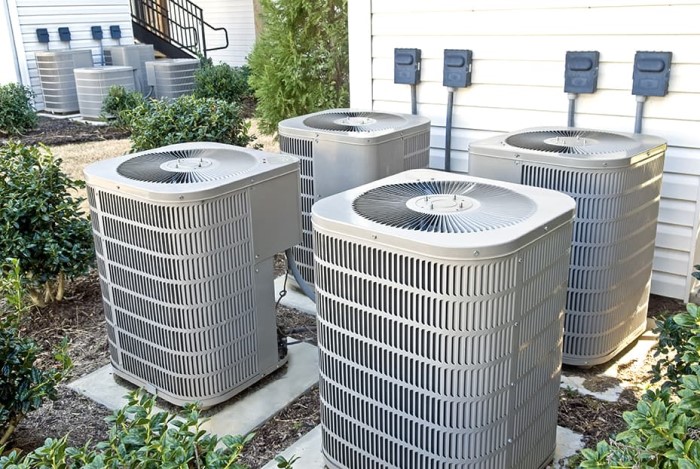Business
6 Great Tips for Starting an HVAC Business

If you plan to start an HVAC business, you are either an entrepreneur looking to add more income or a qualified HVAC technician.
However, to start and run a successful HVAC business in such an industry, you will need to be a technician and businessperson. And to achieve this, you will need the following tips:
1. Choose a Good Business Name
Before registering a business, you will have to choose a good HVAC business name. Your business name is vital, but don’t let it overwhelm you.
Just keep the name simple, choose two or three words linked to your services, and check online to know whether the domain name/company exists.
Remember, you don’t need to include many details and your name or create a clever pun. As your business grows, you will need to start focusing on SEO optimization. This will ensure that your business ranks high on Google and becomes discoverable.
2. Consider Automation
Don’t hesitate to allow technological advancement to help you reach your revenue and business goals. Many FSM solutions, like HVAC dispatch software, can help you automatically track inventory and control assets.
3. Learn Your Responsibilities
There are business processes you need to follow. You will have to concentrate on every workflow stage to determine what is expected of you.
Consider drawing on your previous experience and talking to several trade business owners to learn what really worked for them. With that, you will streamline your tasks, increase work turnaround times, and become more efficient.
4. Use a Checklist to Ascertain the Quality of Work
Any technician in an HVAC business may slip up and need to remember one or two steps in a project. While this is normal, it is preventable. Using a job checklist will ensure your HVAC team completes high-quality and consistent work all the time, as well as prevent callbacks.
Consider also creating a standard checklist for inspecting all kinds of HVAC tasks. These may include ductwork replacement and furnace repairs. Alternatively, you may develop a protocol checklist, which may enable you to follow a manufacturer’s maintenance schedules.
5. Minimize Additional Costs
Monitor every expenditure keenly. Just because you have landed good deals doesn’t mean this will be the case all the time.
As you assess all your expenses, consider looking for any opportunities to reduce costs. You may achieve this by getting manufacturer discounts, taking part in a loyalty program, or stocking up on supplies to save cash on fuel.
6. Buy the Right Assets
Saving cash is vital to growing your HVAC business. However, you may also need to buy tools to prepare your business for the next phase of growth.
Make sure you buy the right assets for your HVAC. Whether this is a few dozen tablets, new tools, additional equipment, or a fleet of trucks, ensure they are tended to, tracked, and inventoried.
Final Touches!
Getting an HVAC business off the ground begins with planning. You will also have to assess potential earnings and costs, research the competition, and determine the best service to provide.










